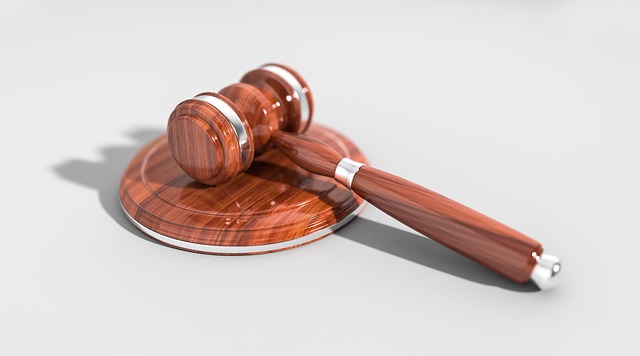Efficient dictation equipment is crucial for optimizing productivity in law offices, offering high-quality microphones and voice recognition software. Legal professionals should look for advanced speech recognition, robust organizational tools, seamless integration with case management systems, and customizable settings. The right dictation equipment, with features like noise reduction, voice activation, wireless connectivity, and cloud storage, streamlines workflows, enhances efficiency in law office equipment, and benefits lawyers, paralegals, and staff.
Selecting the right dictation equipment is paramount for legal professionals to streamline their workflow. This article guides you through the process of understanding the unique dictation needs in law offices, identifying key features to look for in legal software, and offering practical recommendations for choosing the best equipment. By implementing the right tools, legal professionals can enhance efficiency, reduce errors, and improve overall productivity, making it an indispensable investment for any modern law office.
- Understanding Dictation Needs in Law Offices
- Key Features to Consider for Legal Software
- Choosing Equipment: Best Practices and Recommendations
Understanding Dictation Needs in Law Offices
In the fast-paced and detail-oriented environment of law offices, understanding dictation needs is paramount for enhancing efficiency and productivity. Legal professionals often deal with extensive documentation, from crafting contracts to preparing legal briefs, which requires precise and accurate recording of information. The right law office equipment can significantly streamline this process.
Dictation equipment tailored for legal practices should cater to the specific requirements of these tasks, ensuring accuracy, comfort, and reliability during prolonged periods of work. Features like high-quality microphones, voice recognition software compatibility, and options for hands-free operation are essential to meet the demanding needs of lawyers, paralegals, and other legal support staff.
Key Features to Consider for Legal Software
When selecting legal software, several key features should be top of mind for professionals in the field. Firstly, consider the program’s ability to accurately capture and transcribe dictation, as this is a fundamental aspect of legal work. The software should employ advanced speech recognition technology, capable of understanding complex legal terminology and abbreviations used frequently in courtrooms and offices.
Additionally, look for features enhancing organization and efficiency. This includes tools for easily managing and storing transcripts, allowing for quick access and retrieval when needed. Integration with existing case management systems is another valuable asset, ensuring a seamless workflow within the law office equipment. Look for software that offers customization options, enabling professionals to tailor settings to their specific needs and preferences.
Choosing Equipment: Best Practices and Recommendations
Selecting the right dictation equipment is a strategic decision for legal professionals, aiming to streamline workflows and enhance efficiency in their law office equipment. When choosing, consider factors like ease of use, accuracy, and integration capabilities with existing case management software. High-quality digital dictaphones offering crystal-clear audio recording are essential, ensuring precise transcription later. Additionally, look for devices with advanced features such as noise reduction technology, which minimizes background distractions, and voice activation capabilities, allowing for hands-free operation during dictated tasks.
Best practices suggest investing in durable and reliable equipment that can withstand the demands of legal work. Wireless options provide flexibility and convenience but require robust connectivity to avoid interruptions. Cloud-based storage integration is another recommended feature, enabling secure backup and remote access to recordings. By adhering to these recommendations, legal professionals can optimize their dictation process, saving time and resources while maintaining high standards in their law office equipment.
When selecting dictation equipment for legal professionals, understanding specific needs within law offices is paramount. By evaluating key features like accuracy, efficiency, and integration capabilities in legal software, practitioners can enhance productivity. Following best practices and considering expert recommendations ensures the chosen tools seamlessly fit existing workflows. Investing in suitable law office equipment empowers attorneys to streamline tasks, improve documentation processes, and ultimately provide superior client service.
